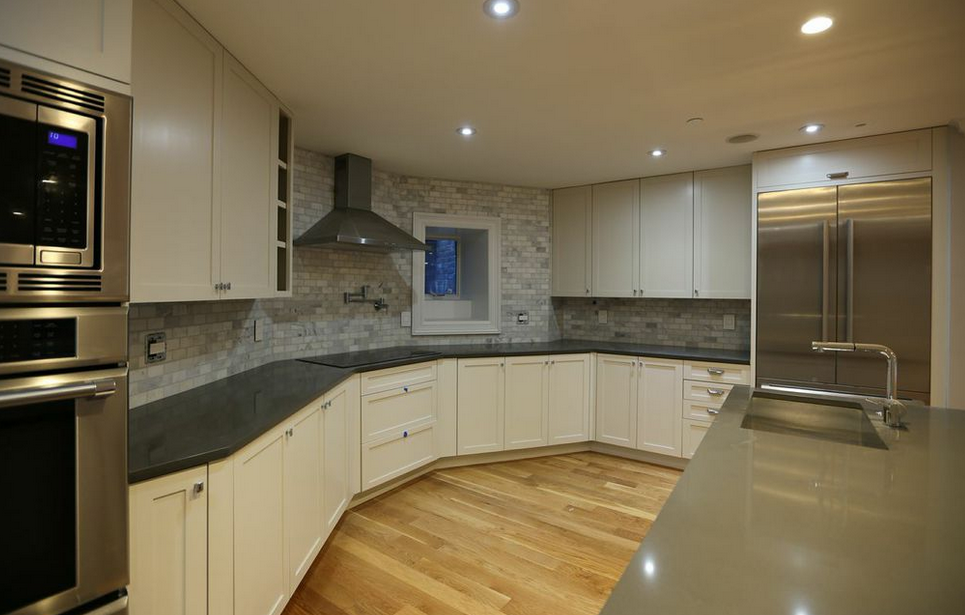
This guest post was written by Marc Savatsky, Development Project Manager for New Boston Ventures. He’s a licensed builder, a realtor and volunteers as a team leader for the City of Boston’s ONEin3 Council. He can be reached at @marcsavatsky
The scarcity of affordable apartment and condo units in Boston is turning more and more would-be renters into first-time home buyers. While the prospect of buying a home may seem like a pipe dream for many young professionals, the reality is: Affordable homes can be purchased – if the buyer is willing to make some renovations.
If one decides to buy an affordable fixer-upper, the next decision he or she will have to make is whether to “self-perform” or hire a professional contractor. There are various factors which may influence your decision but, for most people embarking on a true renovation and not just a superficial “buff & puff,” you’re probably best inclined to hire a pro.
Before you start, here are six questions to ask to help you pick the right contractor at the right price:
Have you worked locally?
This is one of the first question you should ask any candidate. Although any qualified contractor should hold a “construction supervisors license” which technically allows them to permit and perform work anywhere in Massachusetts, adopted building codes can vary from town to town. For example, Boston adheres to a strict set of energy efficiency standards called the “stretch code” whereas Needham, just a few miles away, does not. A working knowledge of the local codes as well as relationships with the building department can impact the success of your job.
How often will you be onsite? Do you wear a tool-belt or carry a clipboard?
A good contractor should be onsite the majority of the time. Assuming the renovation is of a manageable size, you’ll get the best pricing from a contractor who plays a dual role of “project superintendent” and tradesman, who contributes to the work being performed.
What is your current workload? Will you be taking on more jobs if you’re selected for this job?
Be wary of contractors who have eyes bigger than their stomach and a hard time turning away new work as they are likely to find themselves stretched too thin at the expense of your project. You should seek assurances that your job is and will remain a high priority until the final punchlist is complete.
Do you have insurance?
Ronald Reagan once said, “Trust, but verify.” He may have been talking about insurance. It’s a good idea to ask any potential candidate to have their insurance company e-mail or fax you a copy of their “certificate of insurance.” It’s good practice to then forward the certificate of insurance onto your insurance agent so they can review and advise on coverage limits and ensure there are no gaps that could potentially leave you exposed to risk.
What is your rate for “time and material” (T&M) work?
It’s not uncommon to encounter unforeseen conditions or perhaps you might elect for some “upgrades” along the way – both of which would be handled on a T&M basis. In preparation for this, it’s best to negotiate a rate ahead of time. Rates vary, but a typical going rate for a carpenter is about $35/hr.
How are your contracts structured?
In the context of a renovation, you hope that your marriage with your chosen contractor is blissful and goes “to plan” but, unfortunately, there are certain realities that you may face and you’d be wise to stipulate a contract with explicit terms – payment schedule, start date, projected completion date and specific materials, etc. That way, everyone has clear expectations ahead of time so as to avoid any potential conflict later.
What do you think? Any other questions come to mind? Holler ’em out in the comments section below.

